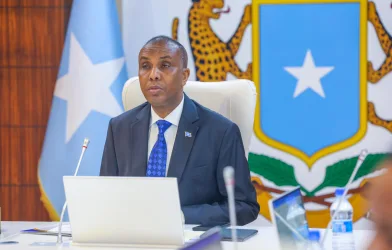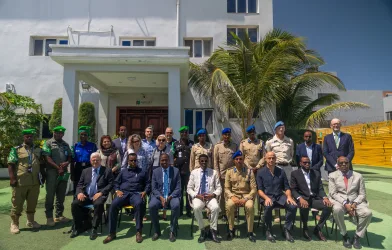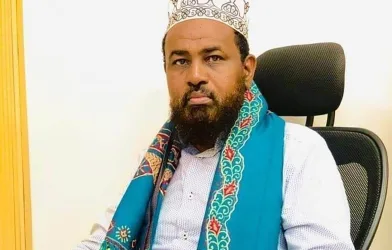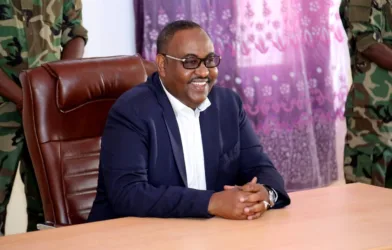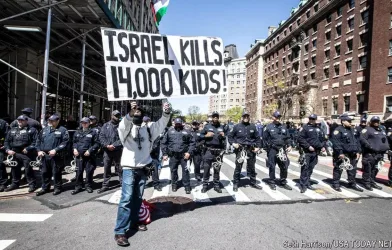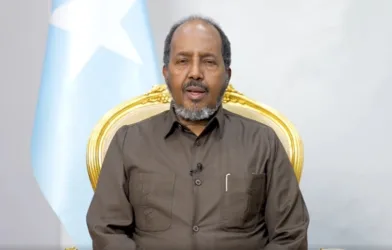The U.N. Children’s Fund reports it is achieving significant results for millions of Somali children despite the humanitarian crisis gripping the country. While facing enormous difficulties, UNICEF says it has been able to save many children’s lives through immunization, special feeding and other assistance programs.
Somalia has some of the worst statistics in the world when it comes to children. The U.N. Children’s Fund reports one in every five children is acutely malnourished. Routine immunization coverage is among the lowest in the world, as is school enrollment.
To add to this list of woes, UNICEF representative to Somalia, Rozanne Chorlton, notes children in Somalia have reached another terrible milestone this year.
“As everybody else was celebrating the 20th anniversary of the Convention on the Rights of the Child,” she said. “There is no child in central south Somalia who knows what it is to live in peace. And to now try to recover from that as communities and society, of course, will take at least a generation.”
Despite all these calamities, Chorlton says UNICEF and other agencies have been able to achieve a great deal. For example, she says cases of malaria have gone down dramatically in areas where insecticide treated mosquito nets have been distributed.
She says Somalia has been polio free since 2007 and about 1.5 million children and one million women of child-bearing age have been immunized against killer diseases during so-called Child Health Days.
“And, because of those initiatives through Child Health Days, we will then be on track to have a Somalia that is measles free and probably also tetanus free,” said Chorlton. “We have managed to help two million people get access to safe water during 2009 in one of the countries, which has one of the lowest access to safe water and sanitation. And, 2.5 million people have access to free health care.”
In another bit of good news, Chorlton notes 14 communities in three districts including and around Hargeisa in Somaliland have decided to abandon the practice of Female Genital Mutilation.
While these achievements are heartening, Chorlton says every child is affected by the worsening situation in Somalia. She says many children do not have enough to eat. Many suffer from psychological and physical distress brought on by conflict.
She says UNICEF can continue to make a difference, but only if it gets the $65 million it needs to carry out its life-saving activities in 2010.


